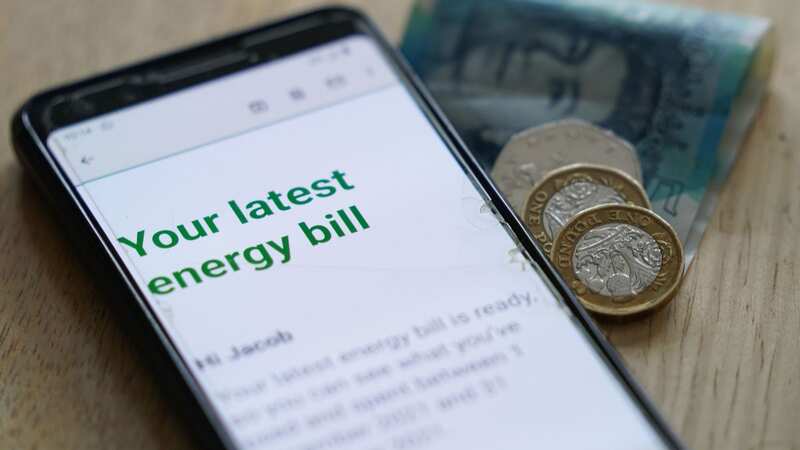

As winter sets in, over 465,000 UK households are predicted to face "fuel poverty" due to a hike in the price cap set for January.
The price cap surge on January 1 resulted in a 12.2% increase in households affected by fuel poverty compared to numbers from October 2023, reveals data firm Outra. A household falls into fuel poverty when it spends over 10% of its income on heating bills. According to recent research, now there are 4.29 million households in the UK struggling with fuel poverty, a rise from 3.83 million.
Cities with the most number of new households falling into fuel poverty include Birmingham with an additional 19,000 households, followed by South Yorkshire with another 17,200. Newcastle saw an increase of 12,100, while Glasgow recorded an 11,900 rise. The energy price cap limits how much suppliers can charge per unit of energy, but it has led to an annual average boost of £94 in energy bills, rising from £1,834 to £1,928.
Outra says these stats indicate that despite easing inflation, the cost-of-living crisis continues to loom over British households. Peter Jackson, the Chief Data and Technology Officer at Outra commented: "Our household level data analysis shows that, while fuel prices have dropped from their peak, financial pain felt by those struggling with a sharp rise in household bills is far from over."
He added: "With this 5% rise in energy costs for the average household and the coldest weeks of winter potentially still ahead of us, many will need to make sacrifices if they have any hope of making ends meet." The data science firm also found self-defined "high risk" households are more likely to fall into fuel poverty, and the new rates are expected to cause 383,000 "high-risk" households to become fuel impoverished an increase of 61,000 or 19% more than the number reported in October 2023.
 Shop prices 'are yet to peak and will remain high' as inflation hits new heights
Shop prices 'are yet to peak and will remain high' as inflation hits new heights
Between October 2023 and January 2024, these households will face an average increase of 6.68% in their energy bills. This hike is likely to push a significant number of households into fuel poverty, given their current financial struggles. Housing costs will continue to be a "significant burden" for people as increases in mortgage payments and rent has put increased pressure on finances, Outra says.
A Resolution Foundation report said 38% of people have reported a worsening financial situation, which is more than twice the number of those who reported an improving one (15%). The report said that an increase in benefits and wages may help some people, but those who have not benefited from the rise may be suffering "disproportionately".
The Foundation predicts that by October 2023, "severe levels" of food insecurity levels may affect a fifth of people, this is almost three times the number of people affected before the pandemic.
* An AI tool was used to add an extra layer to the editing process for this story. You can report any errors to webhomepage@mirror.co.uk